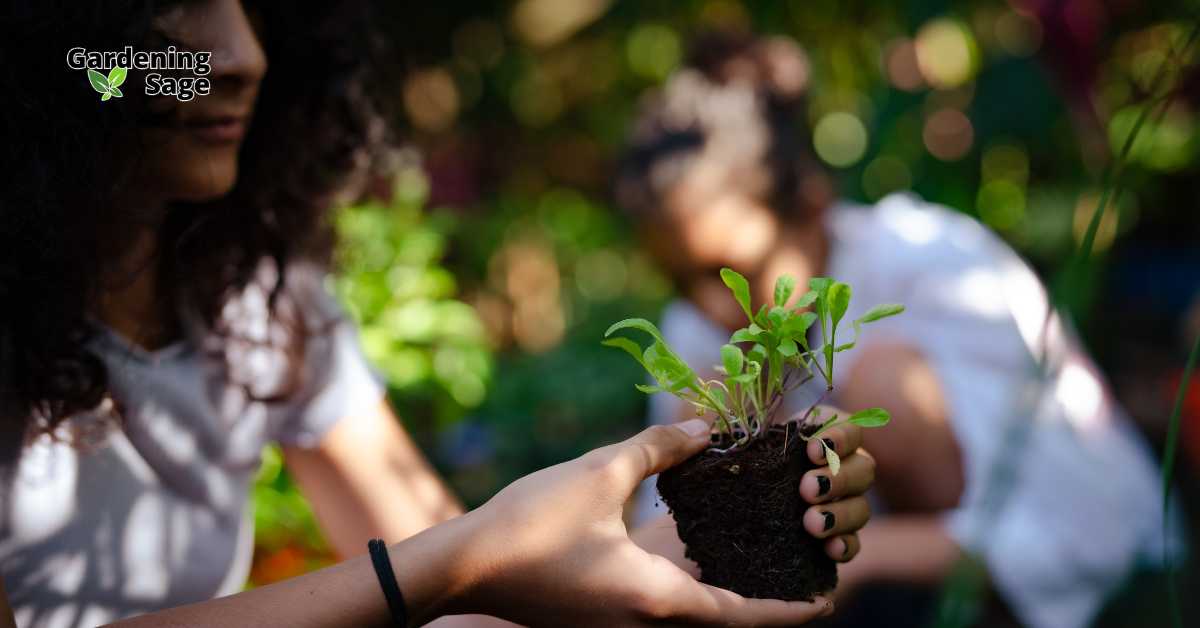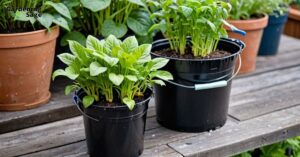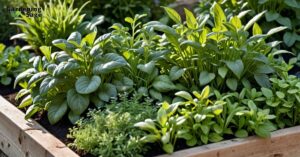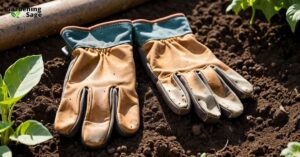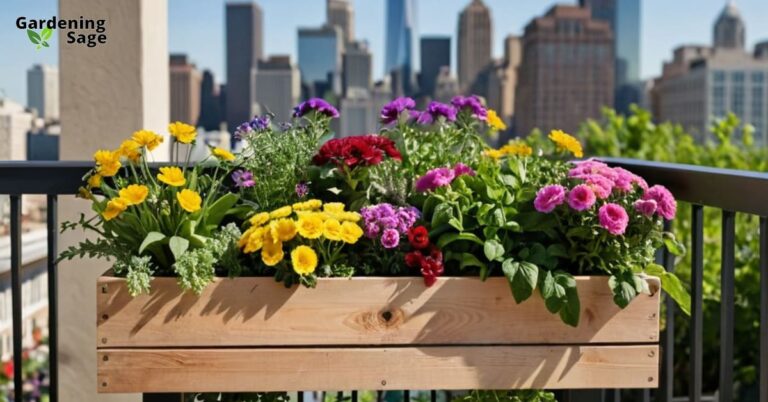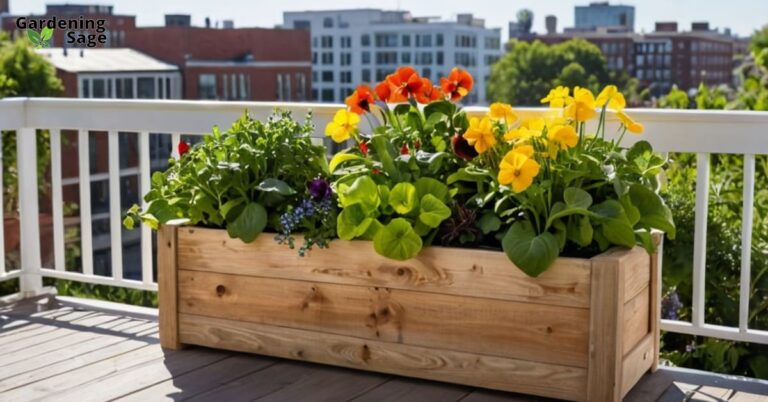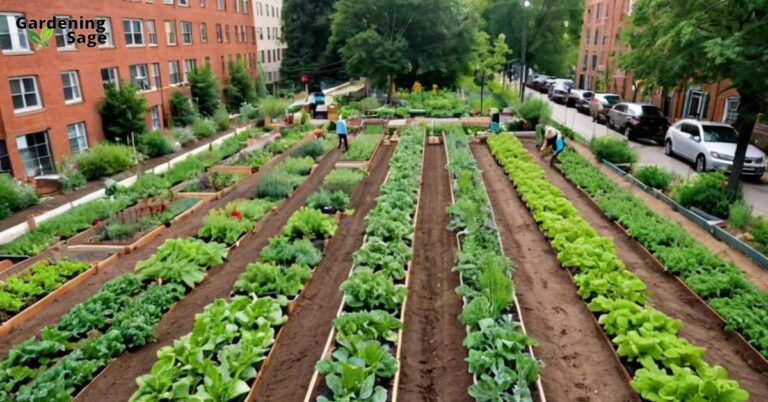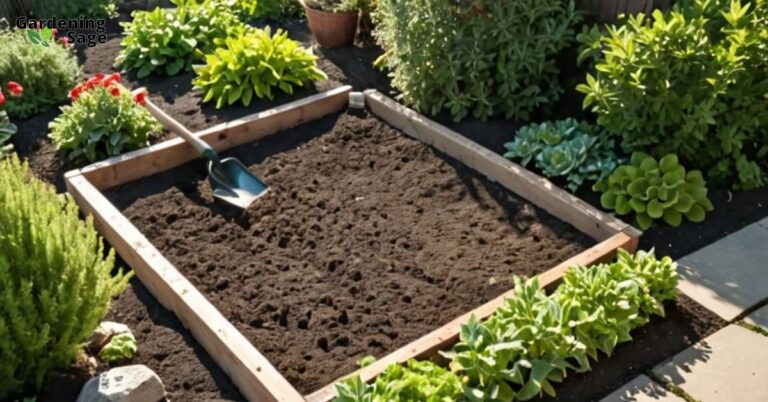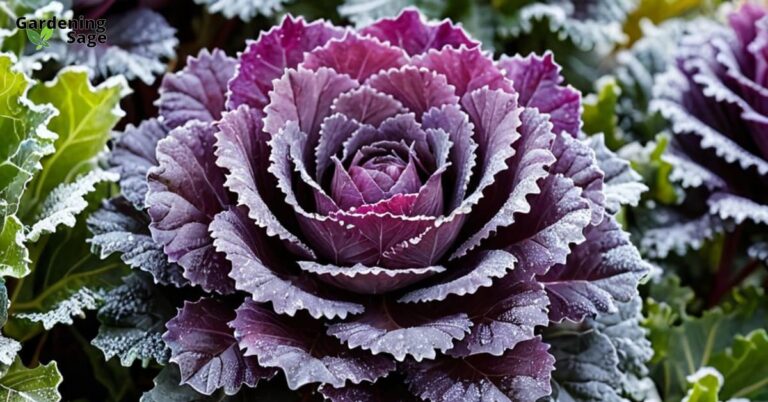Finding balance and harmony with our environment has never been more critical. This comprehensive guide walks you through the myriad ways in which you can infuse your daily routine with sustainable practices, from the tranquility of organic gardening to the mindfulness of eco-friendly living, ensuring a healthier planet and a more fulfilled self.
Cultivating Wellness: The Essence of Organic Gardening
The journey towards sustainable living often begins in the quietude of one’s garden. Organic gardening stands as a testament to the symbiotic relationship between human well-being and environmental health.
By integrating organic gardening tips into your practice, you not only ensure a bounty of wholesome produce but also contribute to the preservation of soil fertility and biodiversity.
Starting your garden can be as simple as selecting the right vegetable seed packs, enriched with heirloom varieties known for their adaptability and resilience. Embracing composting, natural pest control, and water conservation techniques further enhances the sustainability of your gardening endeavors, turning it into a nurturing haven for both flora and fauna.
Safety in the Sanctuary: Prioritizing Gardening Safety
The serenity of gardening should never come at the cost of personal safety. Implementing gardening safety tips is paramount to ensuring that this rejuvenating activity remains a source of joy and not distress.
Wearing protective gear, being mindful of posture while tilling and planting, and ensuring all tools are used and stored safely can prevent unnecessary injuries and make gardening a more enjoyable and sustainable practice.
Beyond the Garden: A Lifestyle of Sustainability
Sustainable living extends beyond the confines of the garden, permeating every aspect of daily life. From the energy we consume to the waste we generate, every action carries with it the potential for environmental impact.
Making conscious choices about energy use, such as opting for renewable sources and energy-efficient appliances, can significantly reduce your carbon footprint.
Water conservation efforts, such as fixing leaks promptly and installing low-flow fixtures, not only save this precious resource but also lower utility bills.
Moreover, reducing, reusing, and recycling materials can dramatically decrease the amount of waste sent to landfills, helping to conserve natural resources and reduce pollution.
The Minimalist Approach: Reducing Consumption
In a world where consumerism is rampant, adopting a minimalist approach can be a radical act of environmental stewardship.
By choosing quality over quantity, repairing instead of discarding, and valuing experiences over possessions, you can significantly reduce your ecological footprint. This mindful approach to consumption not only benefits the planet but also leads to a more focused and contented life.
Eco-Mobility: Rethinking Transportation
The way we move through the world has profound implications for our environmental impact. Embracing sustainable transportation methods such as cycling, walking, public transit, and car-sharing can significantly reduce emissions and contribute to cleaner air and less congested cities.
For longer distances, consider the environmental impact of your travel and explore greener options where possible.
Conscious Eating: A Plant-Based Path
The choices we make about food not only affect our health but also the health of our planet.
Adopting a plant-based diet, or simply reducing meat consumption, can lower the demand for resource-intensive animal agriculture, which is a major driver of deforestation, water pollution, and greenhouse gas emissions.
Supporting local, organic, and seasonal food production further reduces the carbon footprint associated with food transport and supports sustainable agricultural practices.
Community and Connection: The Power of Collective Action
Sustainable living is not a solitary endeavor but a collective journey. Engaging with your community, whether through sharing organic gardening tips, participating in local sustainability initiatives, or advocating for environmental policies, amplifies the impact of individual actions.
Together, we can create a ripple effect that leads to broader societal shifts toward sustainability.

